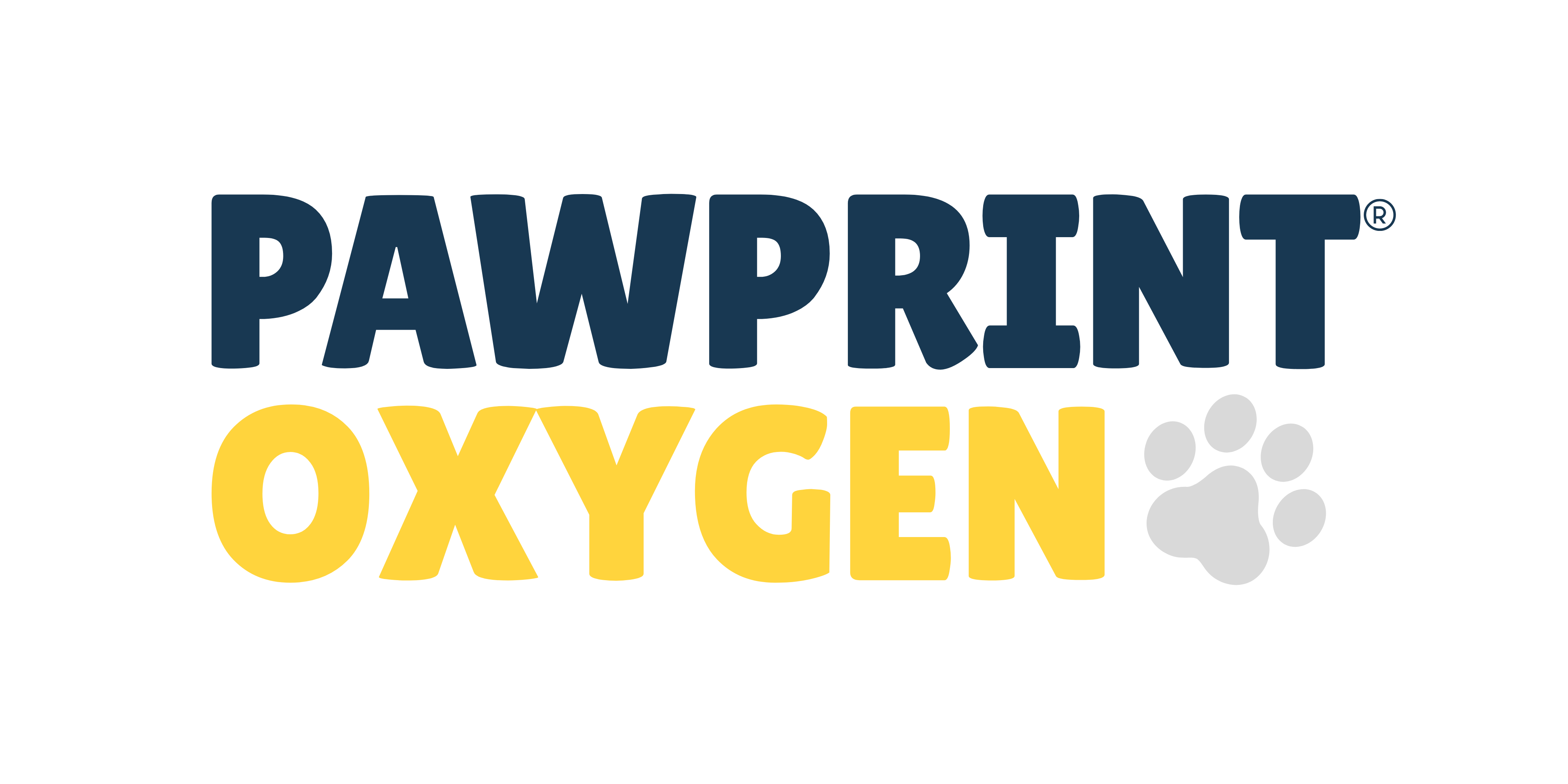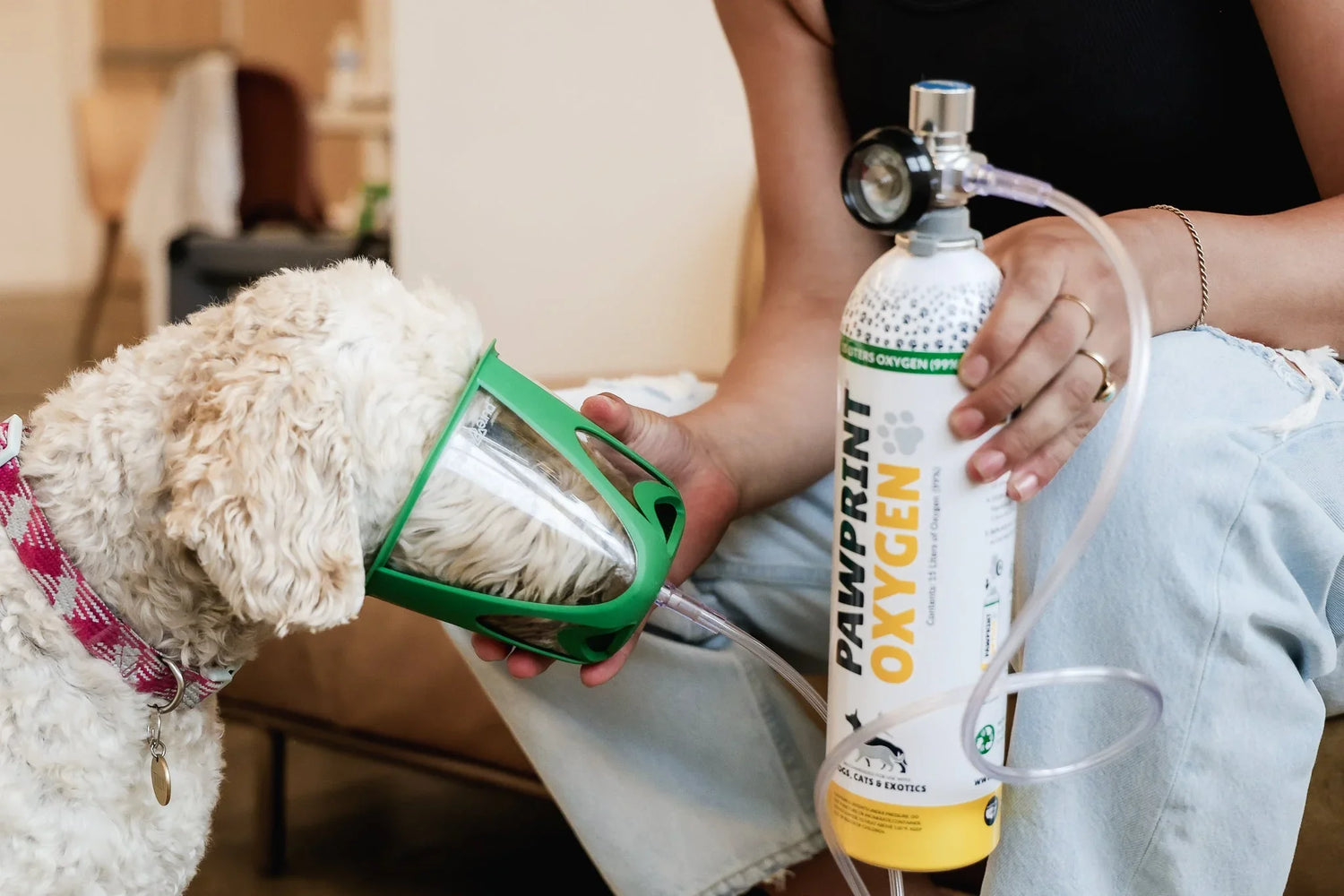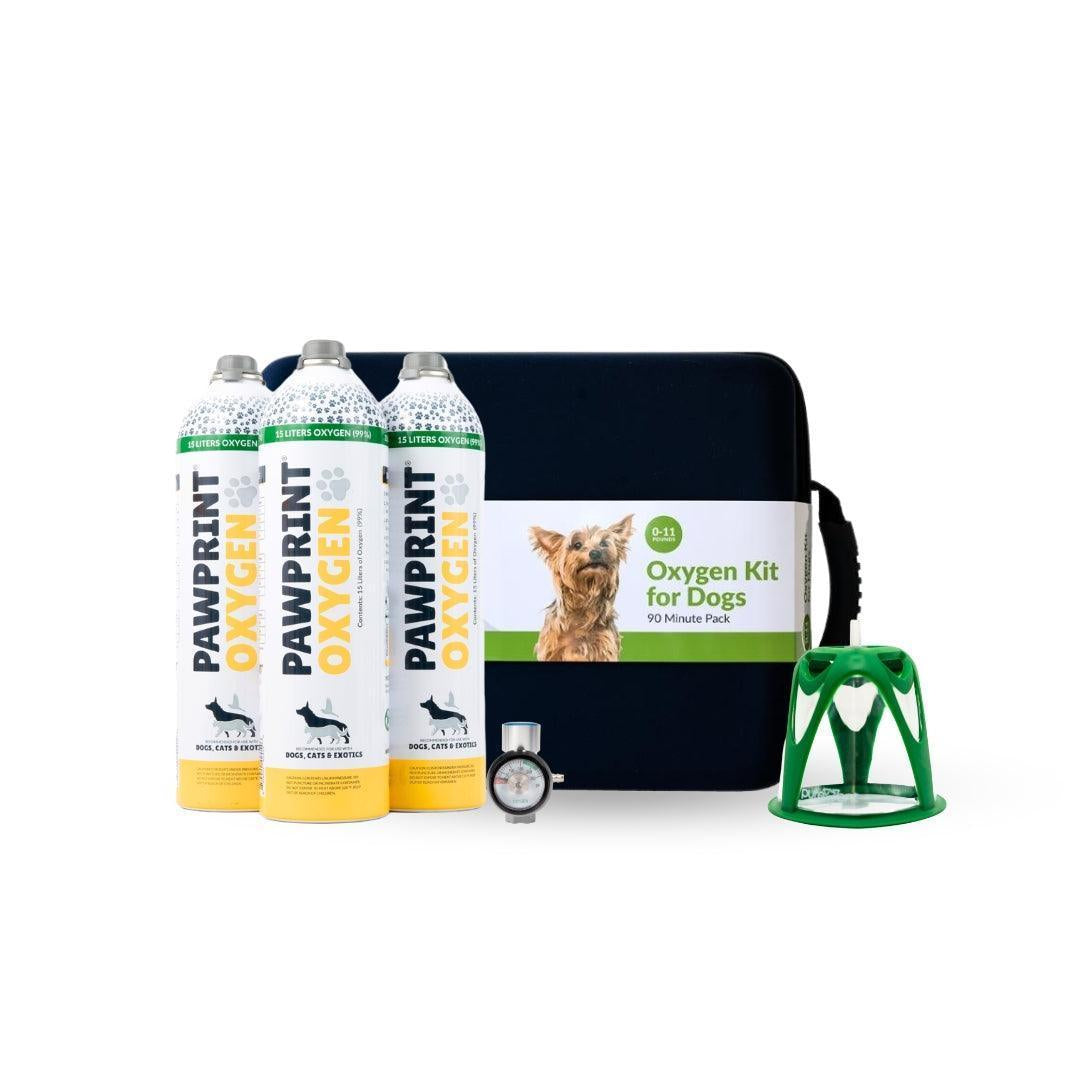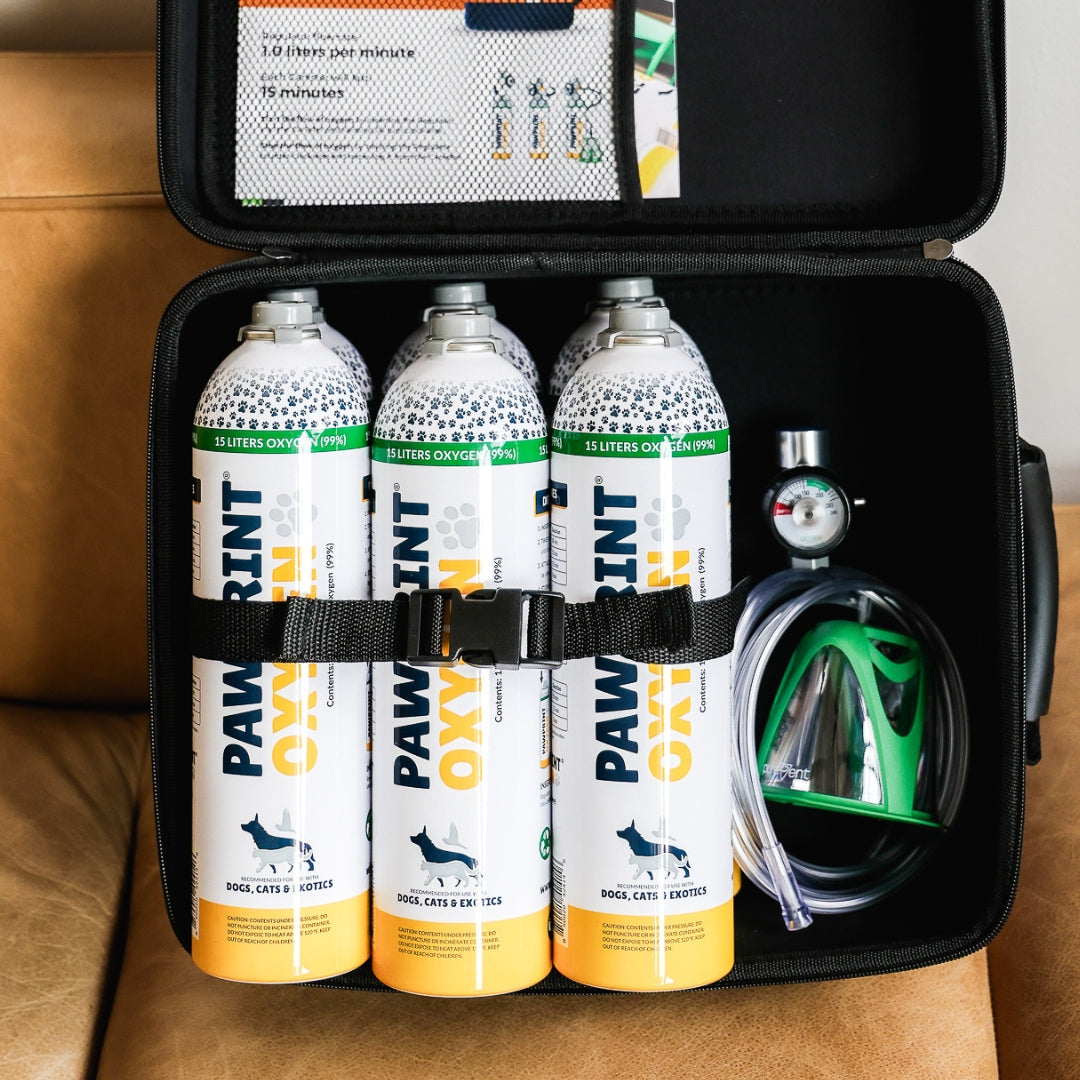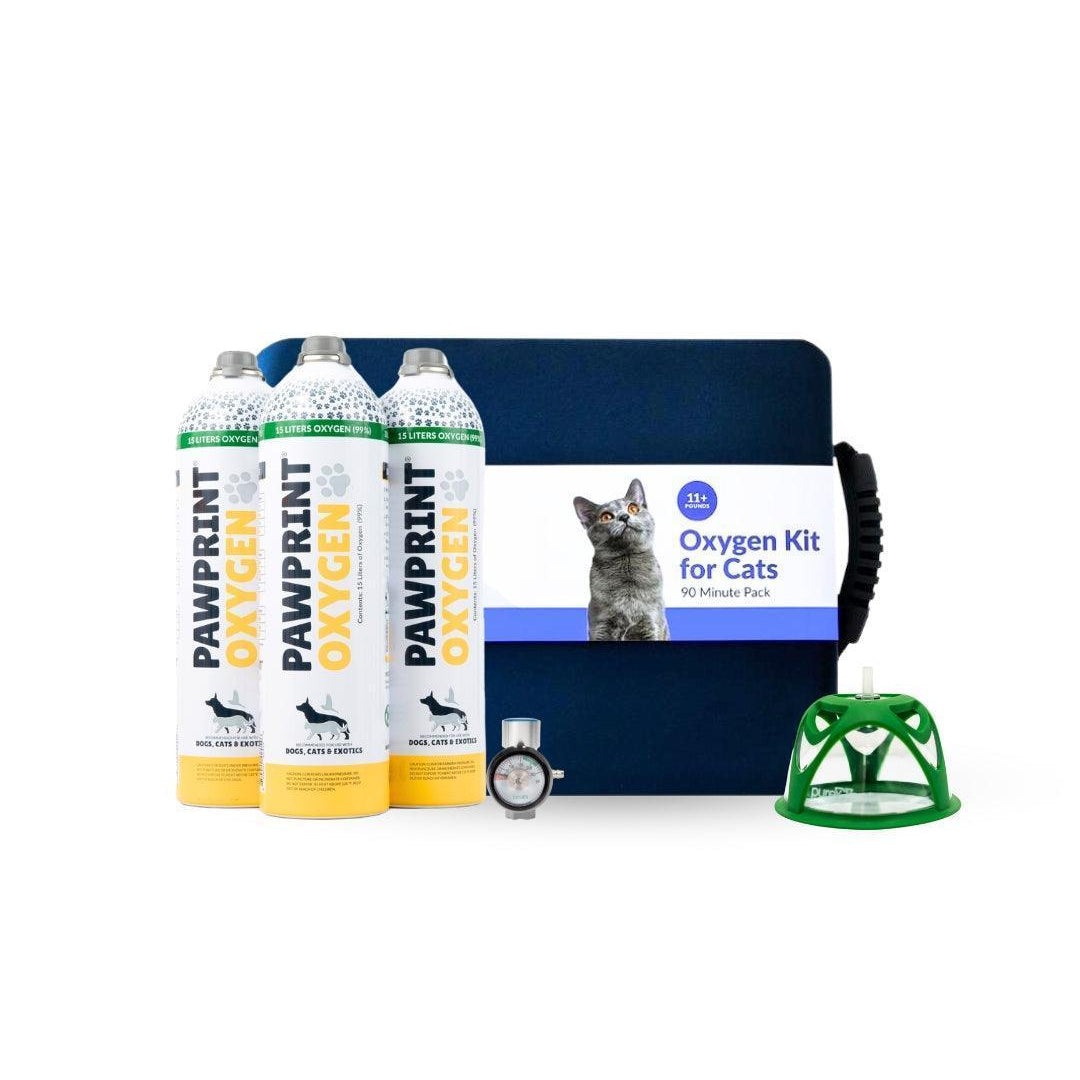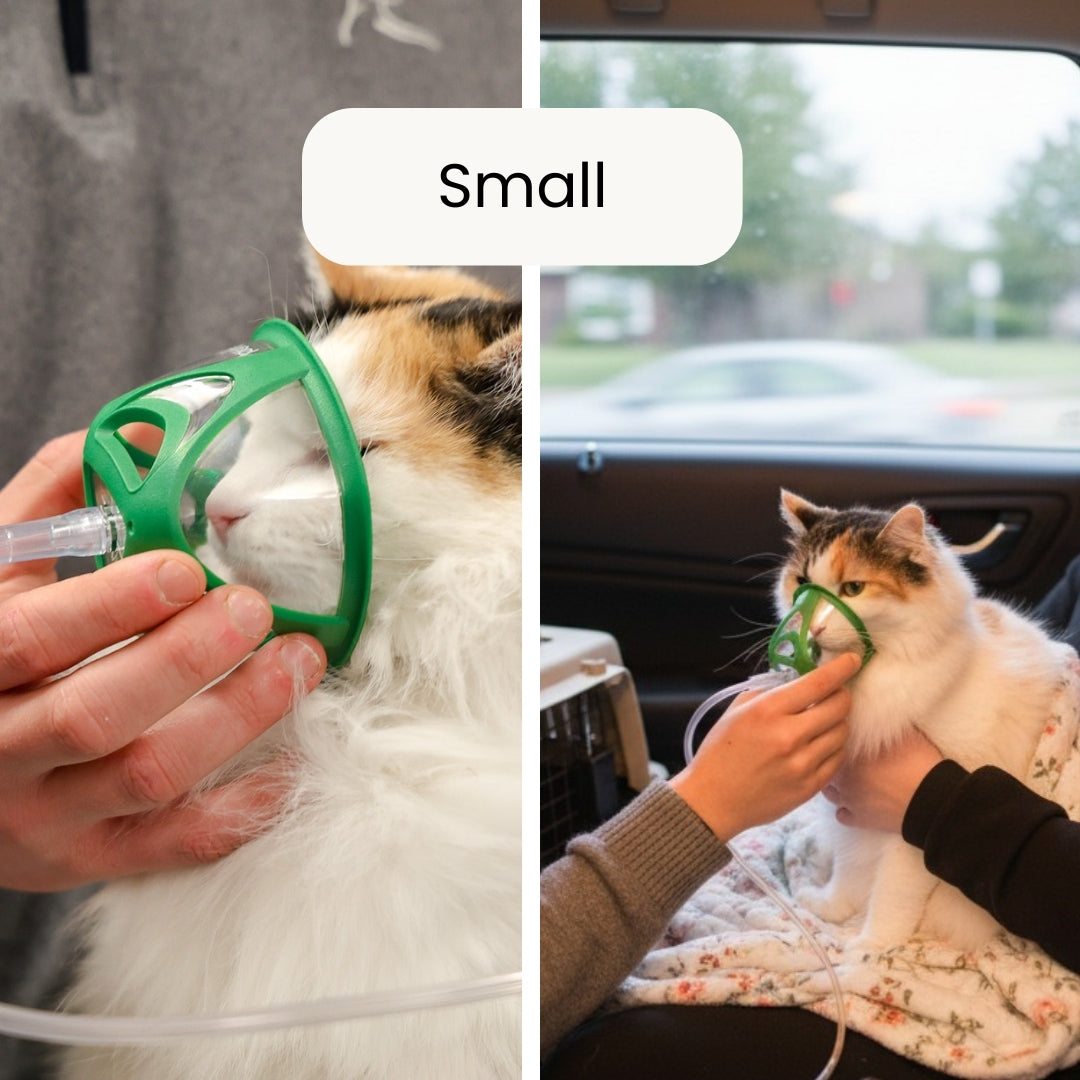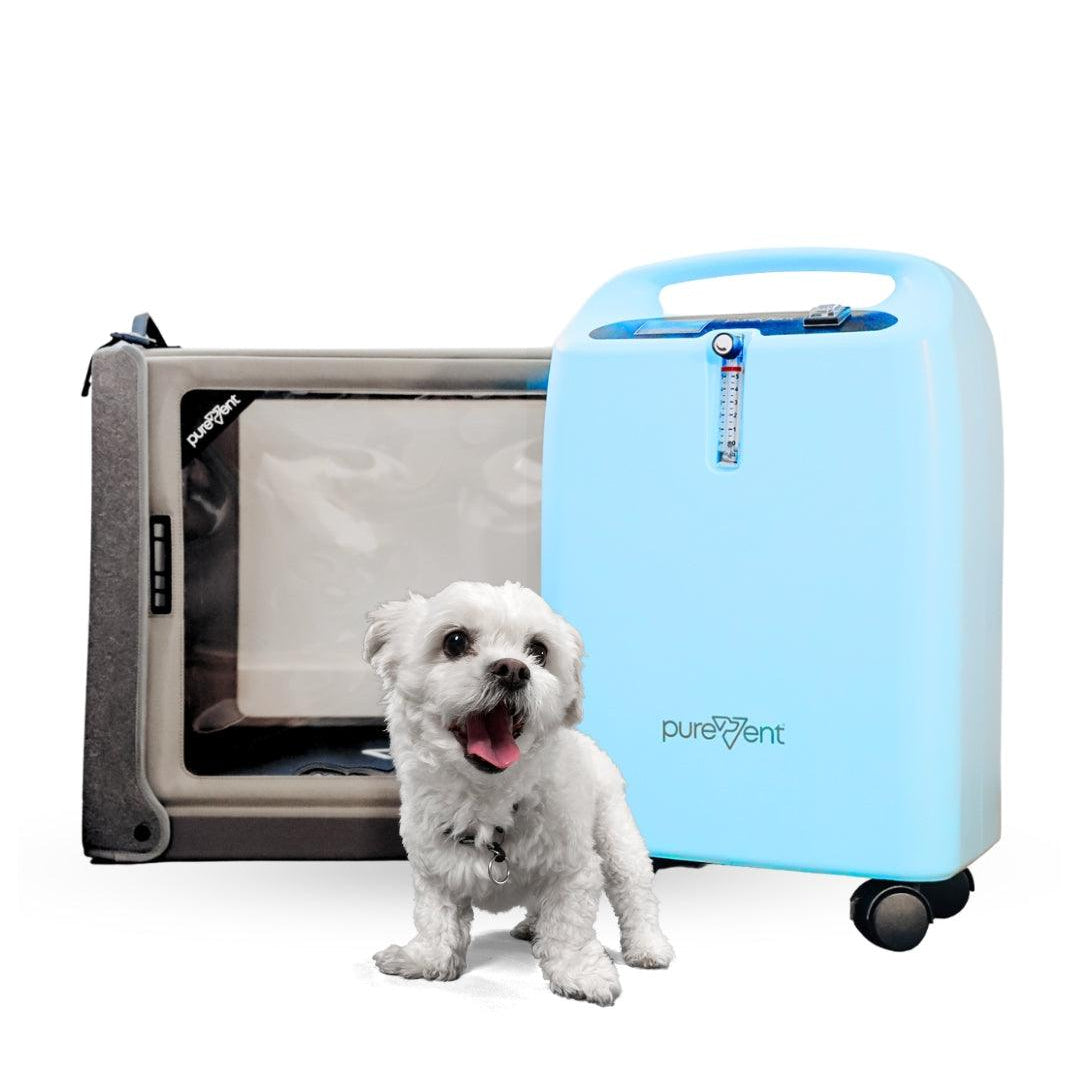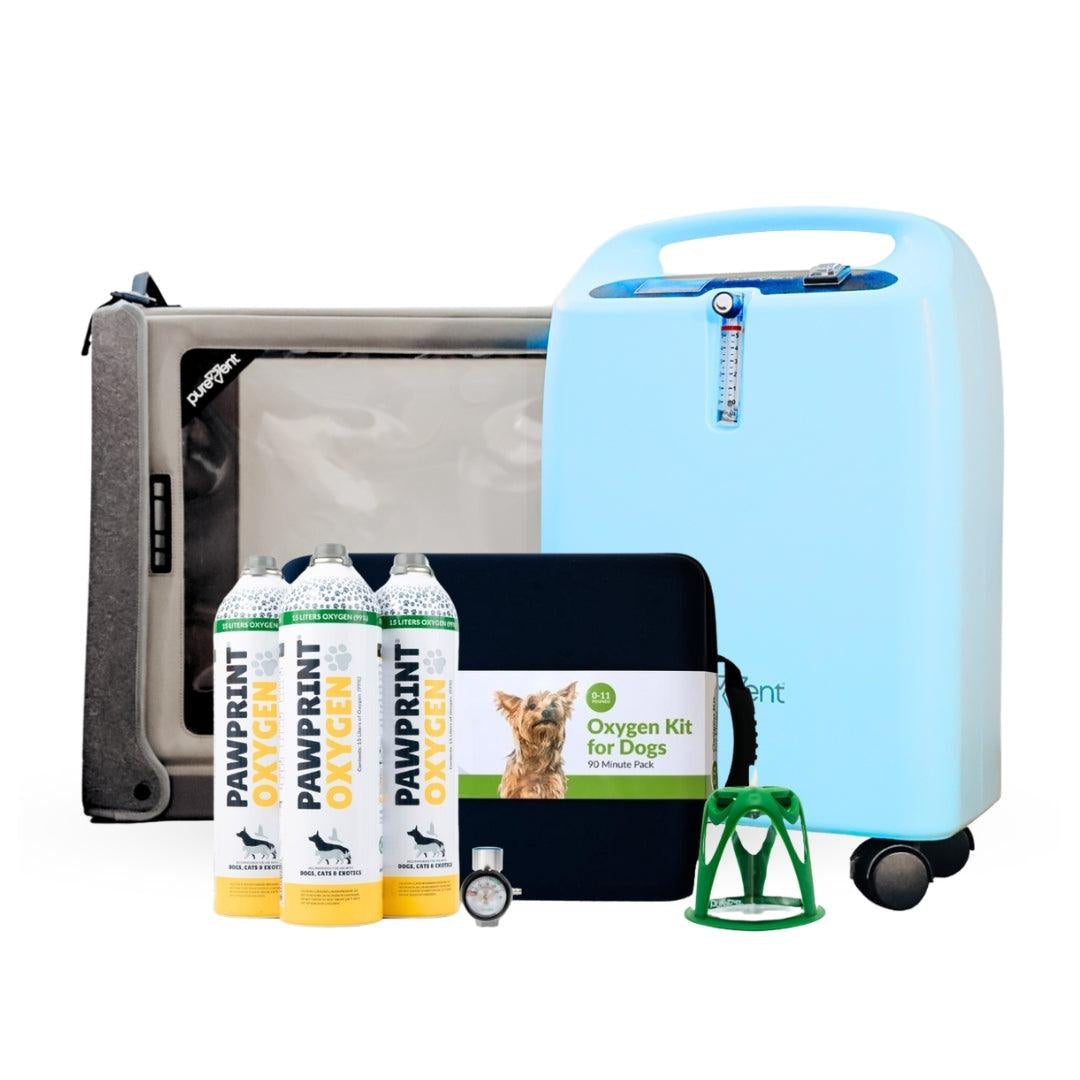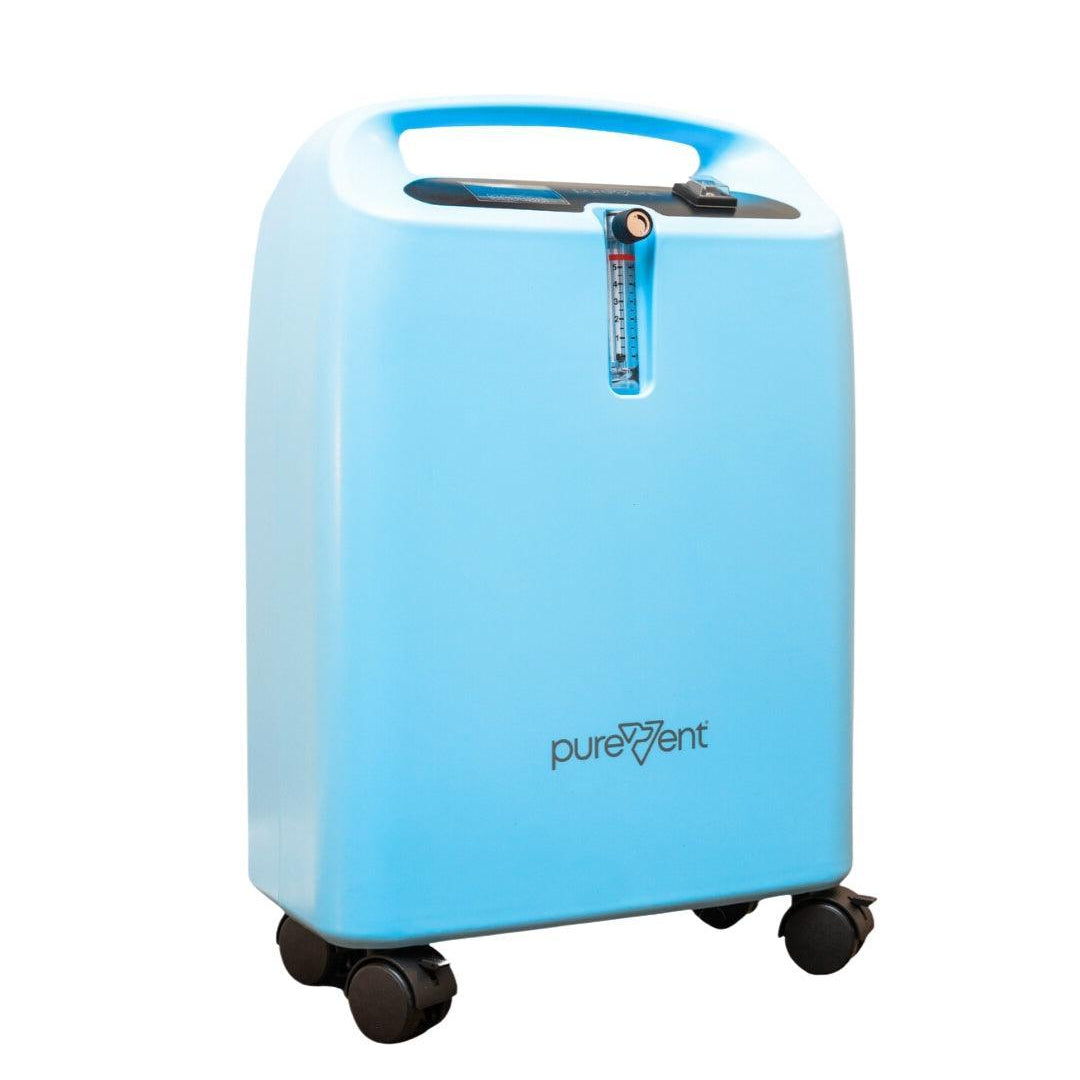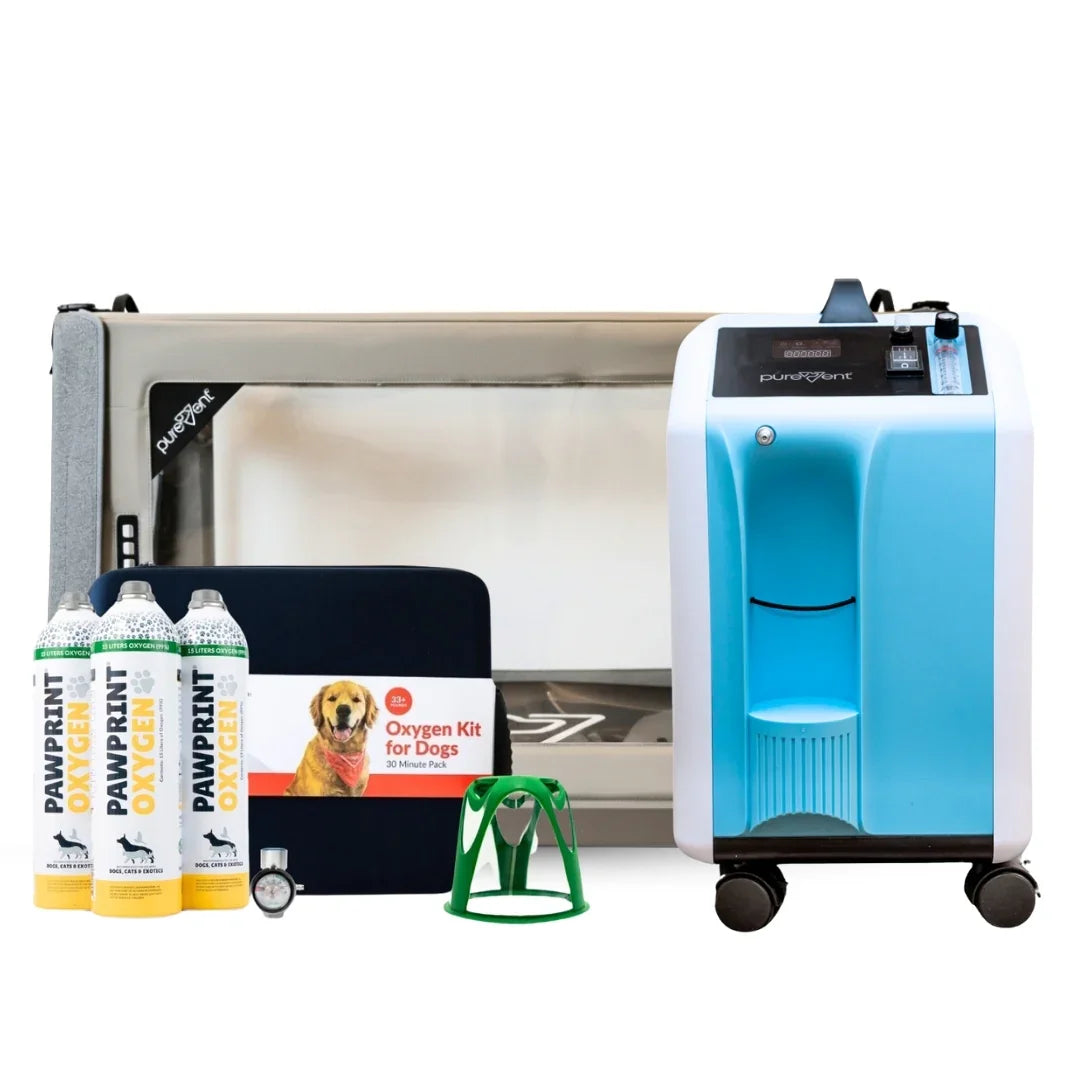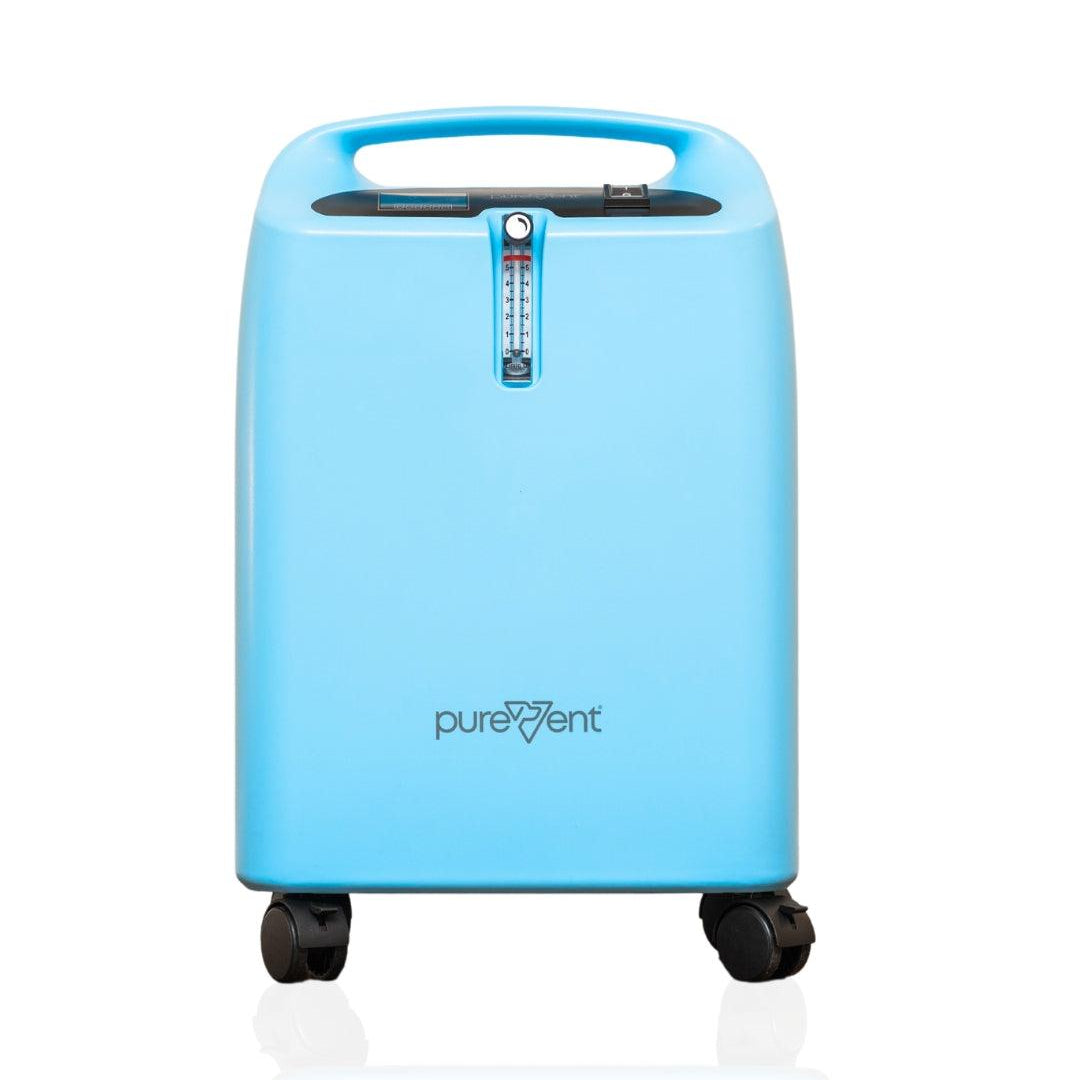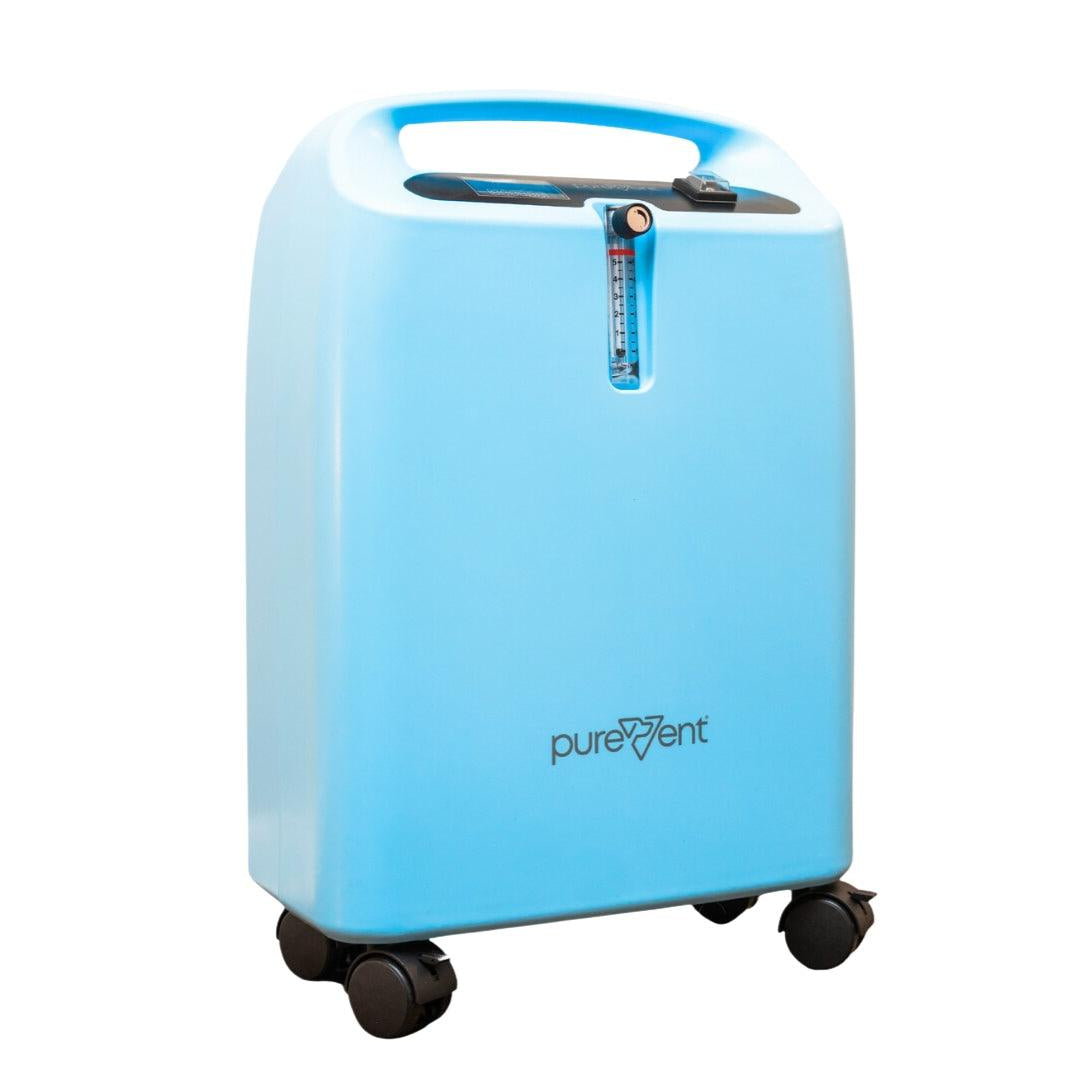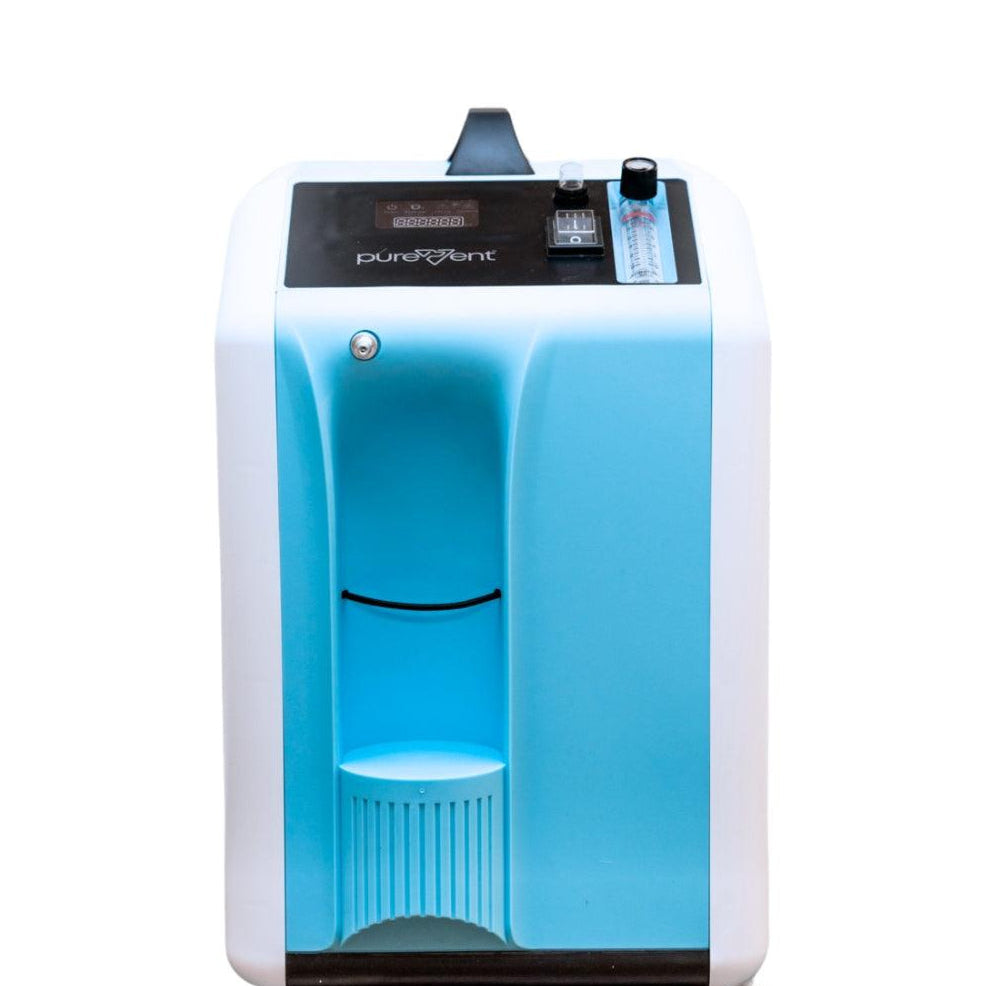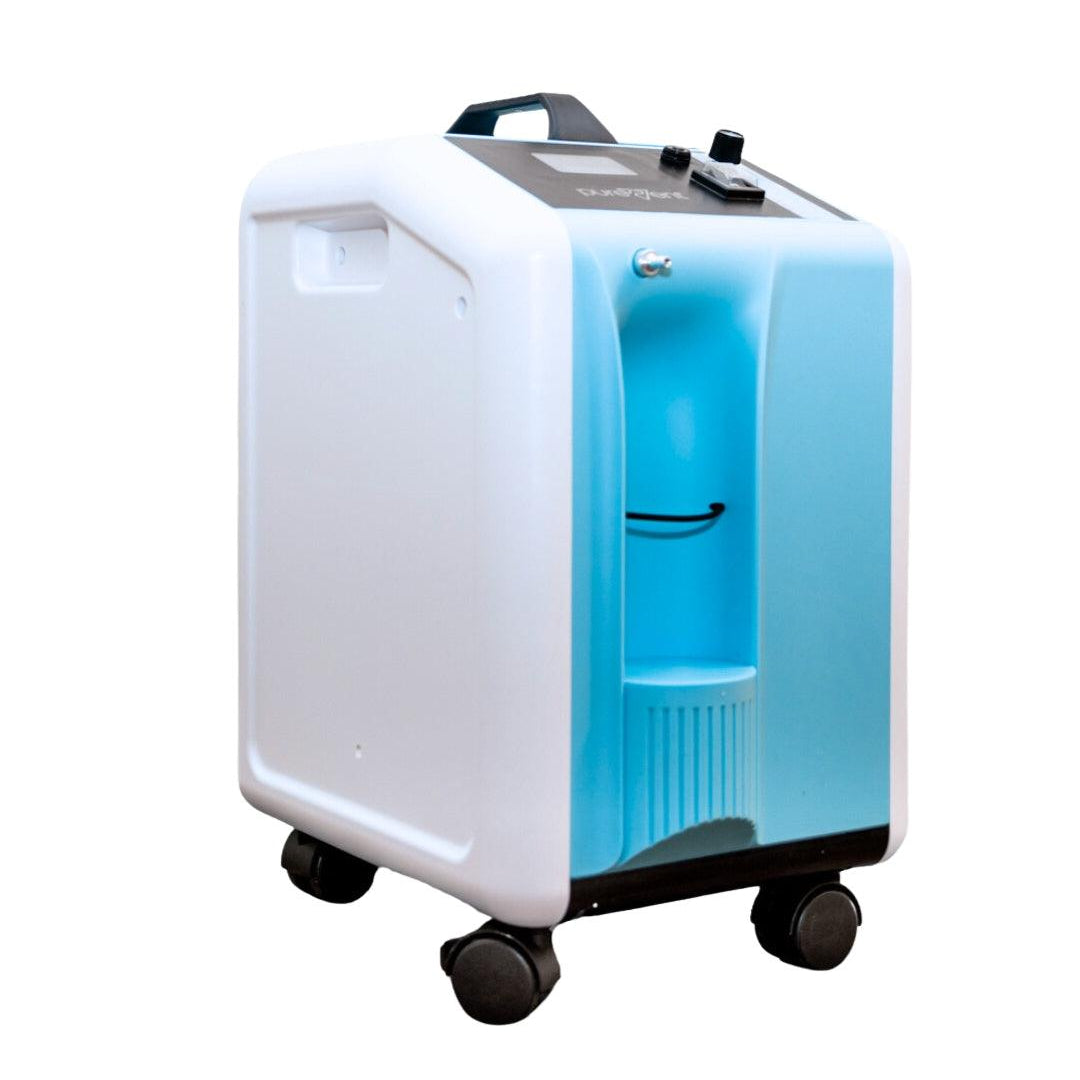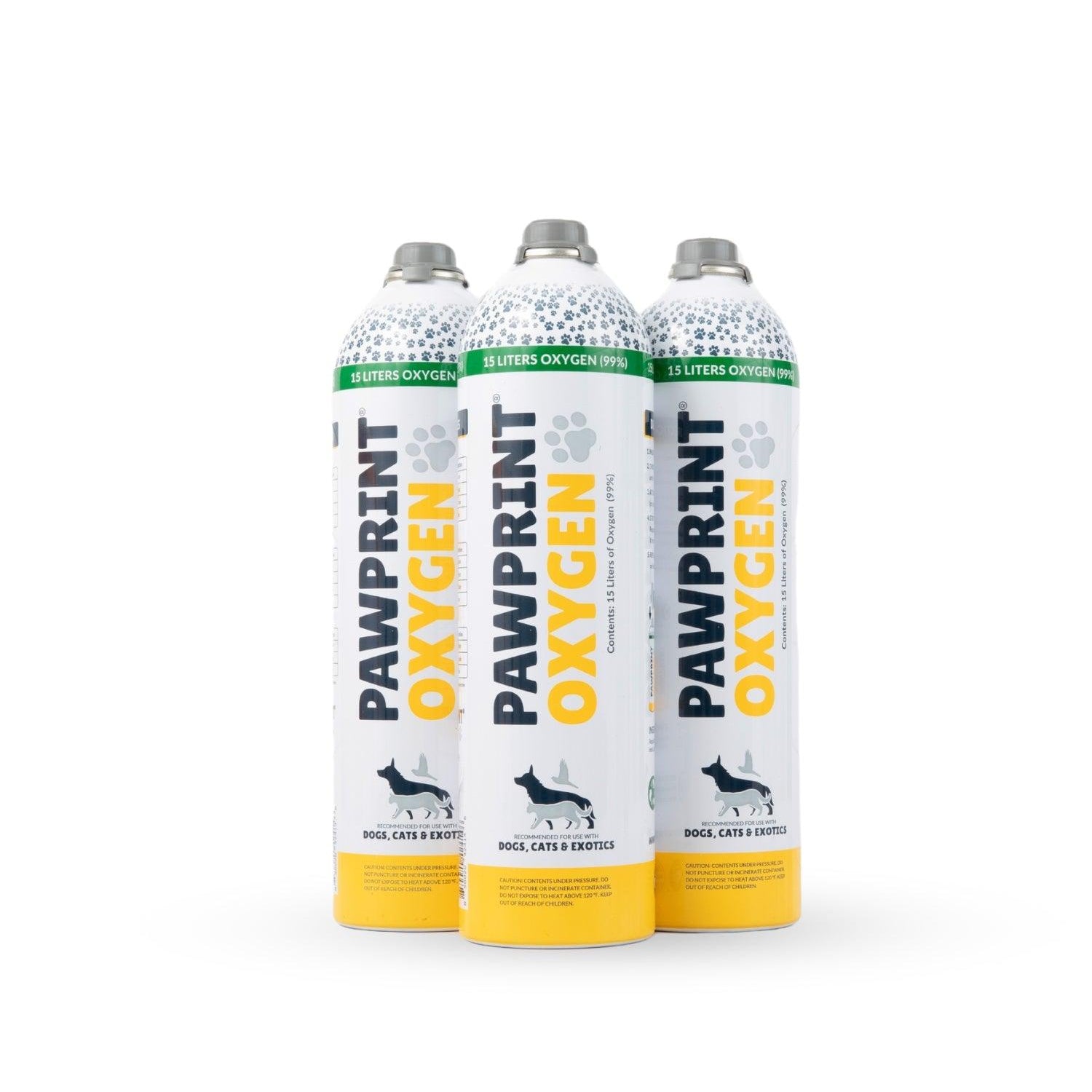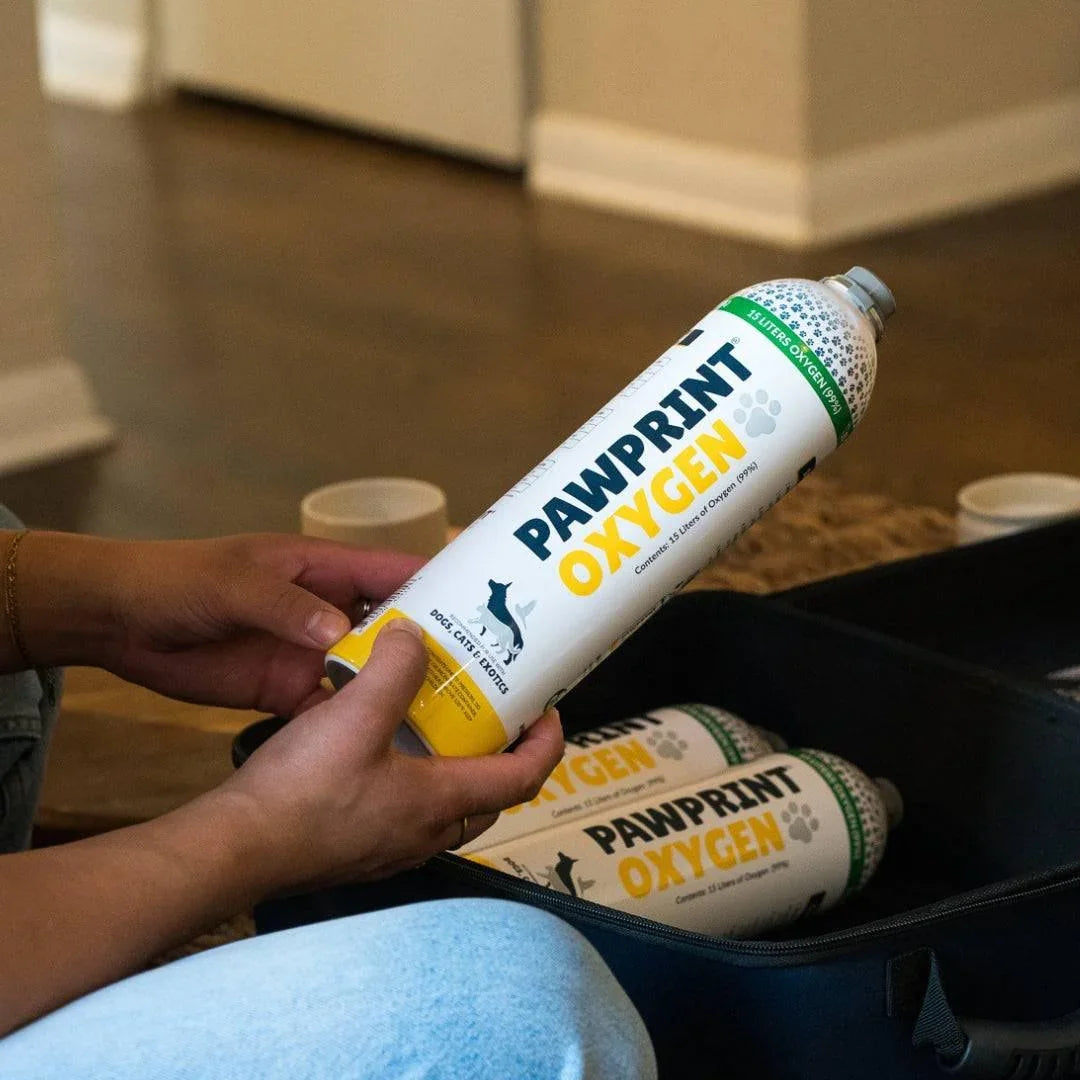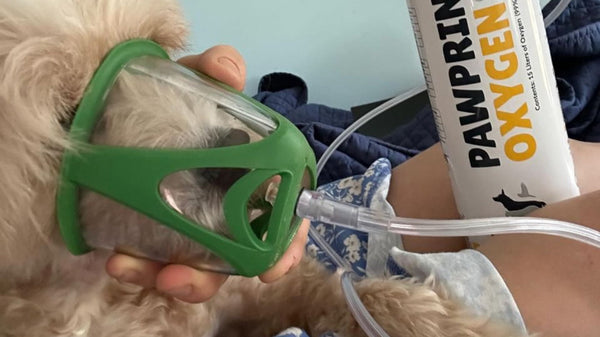Mitral valve disease in pets can be managed with a variety of natural and supportive treatments that improve comfort and quality of life for pets. Options include a heart-healthy diet, weight control, gentle exercise, omega-3 fatty acids, supplements like CoQ10 and taurine, stress reduction, at-home oxygen therapy, and regular veterinary monitoring. Together, these approaches help pet parents to support their pets with mitral valve disease by offering safe, practical ways to ease symptoms. With consistent care and veterinary guidance, pet parents can help their dogs and cats live happier, healthier lives.
Table of Contents

Mitral valve disease (MVD) is one of the most common heart conditions seen in dogs, and it can also affect cats. While the diagnosis may sound overwhelming, many natural and supportive treatments can help ease symptoms and improve your pet’s comfort. By combining veterinary care with simple, at-home steps, you can make a big difference in your furry friend’s quality of life.
1. Balanced, Heart-Healthy Diet for Mitral Valve Disease
A nutritious diet is one of the most powerful tools for supporting pets with mitral valve disease. Low-sodium foods help reduce fluid buildup around the heart and lungs, making it easier for your pet to breathe. Whenever possible, choose fresh, whole ingredients that provide natural vitamins and minerals. With your veterinarian’s guidance, certain supplements may also be added to strengthen heart function and improve overall well-being.
2. Weight Management
Keeping your pet at a healthy weight is essential for reducing the strain on their heart. Extra pounds make it harder for the body to circulate blood and can worsen symptoms of mitral valve disease. Simple steps like portion control, measured meals, and swapping high-calorie snacks for healthier treats can go a long way. With steady, gentle weight management, your pet will feel more energetic and breathe more easily.
What symptoms should I watch for if my pet has mitral valve disease?
Pets with mitral valve disease may show signs like coughing, difficulty breathing, exercise intolerance, or tiring more quickly than usual. In some cases, you may also notice fainting spells, loss of appetite, or a swollen abdomen due to fluid buildup. Any sudden worsening of breathing or collapse is an emergency and requires immediate veterinary care.
Can mitral valve disease be cured, or is it only managed?
Mitral valve disease cannot be cured, but it can be managed with supportive care and treatment. The goal is to slow disease progression, ease symptoms, and keep your pet as comfortable as possible. With a combination of veterinary medicine, natural therapies, and at-home care, many pets can live happy and fulfilling lives despite their diagnosis.
How can I help my pet at home if they have mitral valve disease?
At home, you can support your pet by keeping them at a healthy weight, feeding a low-sodium diet, and ensuring they get gentle exercise. Reducing stress, monitoring symptoms closely, and having oxygen therapy available for flare-ups can also make a big difference. Most importantly, work closely with your veterinarian to create a care plan that meets your pet’s unique needs.
3. Moderate, Gentle Exercise
Gentle activity can help pets with mitral valve disease stay healthy without putting added strain on the heart. Keep exercise light and always pay attention to your pet’s comfort:
- Short, slow walks: provide circulation benefits without overexertion.
- Calm play sessions: low-energy games that keep your pet engaged and moving.
- Watch for warning signs: heavy panting, coughing, or sudden fatigue signal that it’s time to stop.
- Adjust as needed: if symptoms appear, let your pet rest and discuss activity levels with your veterinarian.
4. Omega-3 Fatty Acids
Omega-3 fatty acids, commonly found in fish oil, can be a powerful ally for pets with mitral valve disease. These healthy fats support heart health, reduce inflammation, and may ease some of the strain placed on the heart. Adding an omega-3 supplement to your pet’s diet should always be done with veterinary guidance, since proper dosing depends on your pet’s size and condition. With the right balance, omega-3s can help improve comfort and overall well-being.
5. Coenzyme Q10 (CoQ10)
Coenzyme Q10, or CoQ10, is a natural supplement that helps the body’s cells produce energy, including the hardworking cells of the heart. For pets with mitral valve disease, this extra support may improve heart function and stamina. Not every pet will need CoQ10, so it’s important to talk with your veterinarian about whether it’s a good option. With professional guidance, CoQ10 can be a safe and supportive addition to your pet’s care plan.
6. Herbal Support (Hawthorn & Taurine)
Some natural supplements may provide extra support for pets with mitral valve disease, but they should always be used carefully and under veterinary guidance:
- Hawthorn: traditionally used to support healthy circulation and overall heart function.
- Taurine: an amino acid that plays an important role in maintaining strong heart muscles.
- Important note: these supplements are not right for every pet and may interact with other medications.
Always consult your veterinarian before adding any herbal or amino acid supplements to your pet’s care routine.
7. Stress Reduction and Comfort at Home
A calm and predictable environment can make a big difference for pets with mitral valve disease. Stress and excitement place extra strain on the heart, so minimizing triggers like loud noises, chaotic activity, or overly strenuous play is important. Providing cozy, supportive bedding, ideally slightly elevated, can also help your pet rest more comfortably and breathe with greater ease. Simple changes around the home can go a long way in supporting your pet’s heart health and overall well-being.
8. At-Home Oxygen Therapy for Pets with Mitral Valve Disease
Oxygen therapy can provide fast relief for pets with mitral valve disease who experience sudden breathing difficulties. With the right equipment and veterinary guidance, you can safely support your pet at home:
- Portable oxygen kits: convenient for emergencies or travel.
- Oxygen concentrators: provide a continuous supply of oxygen for longer-term use.
- Oxygen chambers: create a stress-free environment where pets can rest while receiving oxygen.
- Key benefits: reduces anxiety, restores energy, and makes breathing easier.
When used correctly, at-home oxygen therapy not only improves your pet’s comfort but also offers peace of mind for you as a pet parent.
9. Regular Veterinary Monitoring
Consistent check-ups with your veterinarian are one of the most important ways to manage mitral valve disease. Routine exams, chest x-rays, and echocardiograms allow your vet to track how the disease is progressing and make adjustments to your pet’s care plan as needed. Catching even small changes early can lead to better treatment decisions, helping your pet stay more comfortable and healthy for longer.
10. Loving Daily Care and Observation
Your care and attention at home play a big role in supporting a pet with mitral valve disease. By closely watching for changes and acting quickly, you can help your furry friend stay more comfortable and catch problems before they become serious. Simple, consistent habits make all the difference:
- Keep a symptom journal: track breathing, coughing, energy levels, and appetite.
- Watch for changes: note any shifts in eating habits, activity, or breathing patterns.
- Respond quickly: if new or concerning symptoms appear, contact your veterinarian right away.
This loving, hands-on approach not only helps your vet provide the best care but also strengthens the bond you share with your pet.

Making a Difference in Your Pet's Treatment
Managing mitral valve disease doesn’t have to feel overwhelming. Natural and supportive treatments like a heart-healthy diet, weight control, gentle exercise, supplements, stress reduction, oxygen therapy, and regular monitoring can all make a meaningful difference. When combined with your veterinarian’s guidance, these approaches help improve comfort and support your pet’s overall well-being. Remember, it’s often the small, consistent steps you take each day that create the greatest impact on your furry friend’s quality of life.
Key Takeaways
- A heart-healthy lifestyle, including proper diet, weight management, and gentle exercise, can ease strain on the heart.
- Natural supplements like omega-3s, CoQ10, hawthorn, and taurine may support heart health when used under veterinary guidance.
- Reducing stress at home and providing comfort through calm environments and supportive bedding improves daily well-being.
- At-home oxygen therapy offers quick relief during breathing episodes, helping pets feel calmer and more comfortable.
- Regular veterinary monitoring and attentive daily care from pet parents are essential for catching changes early and improving quality of life.
